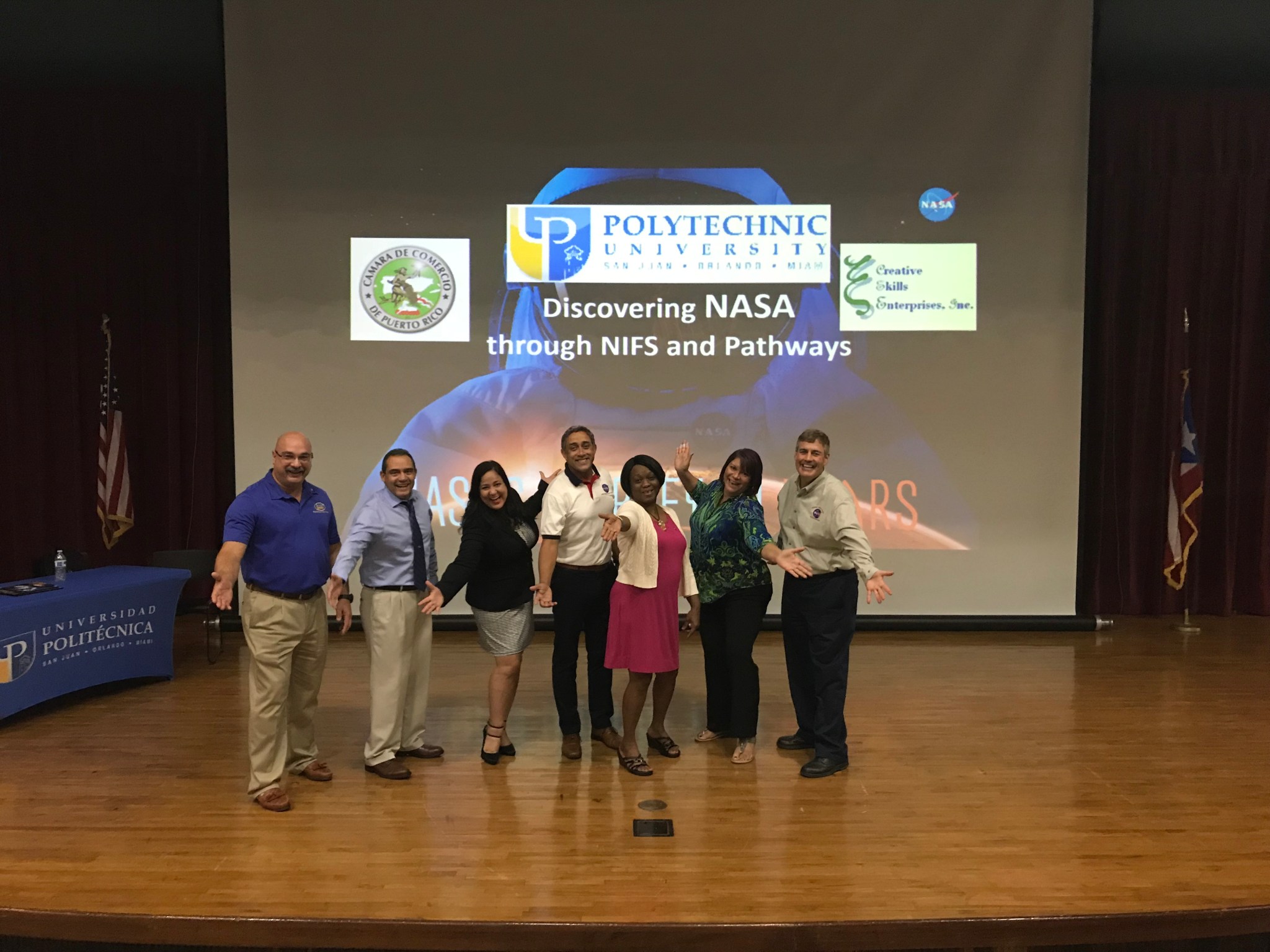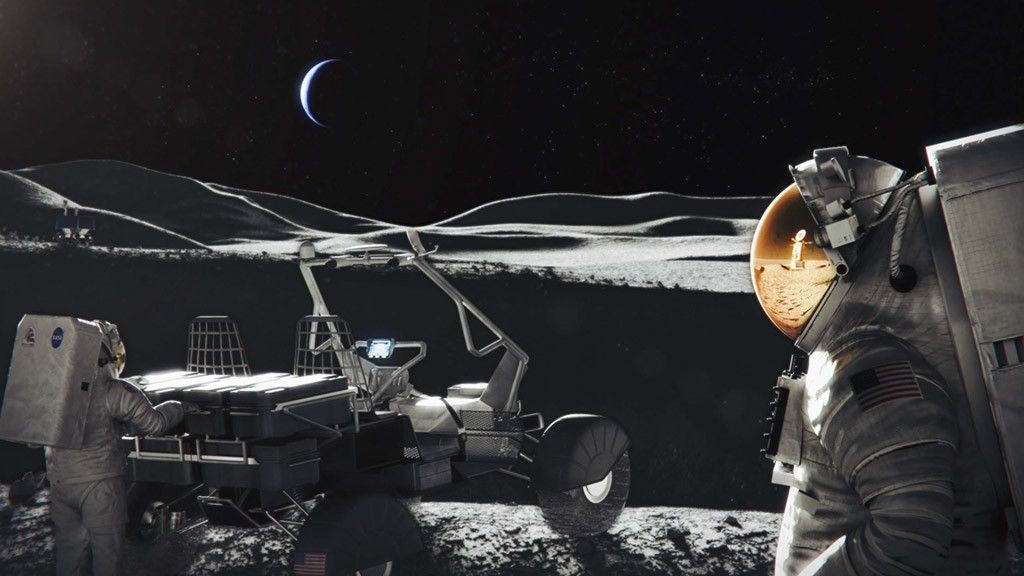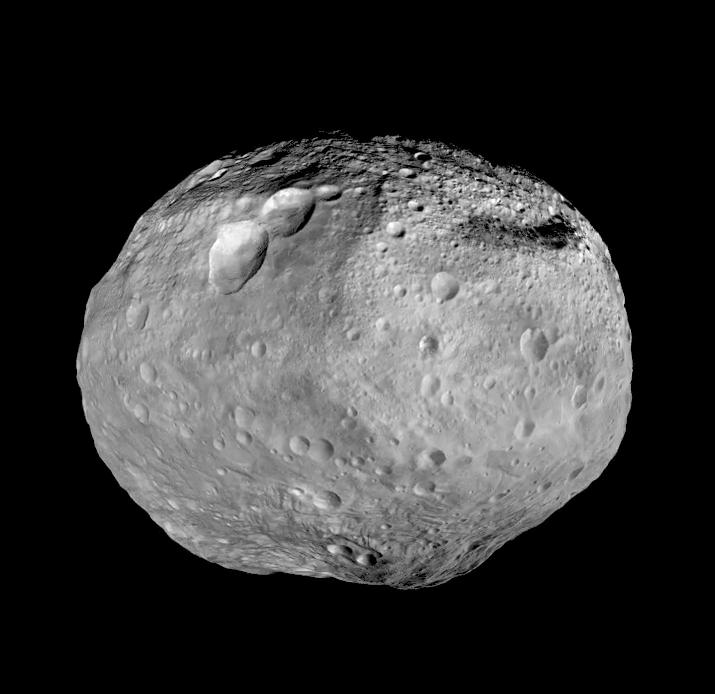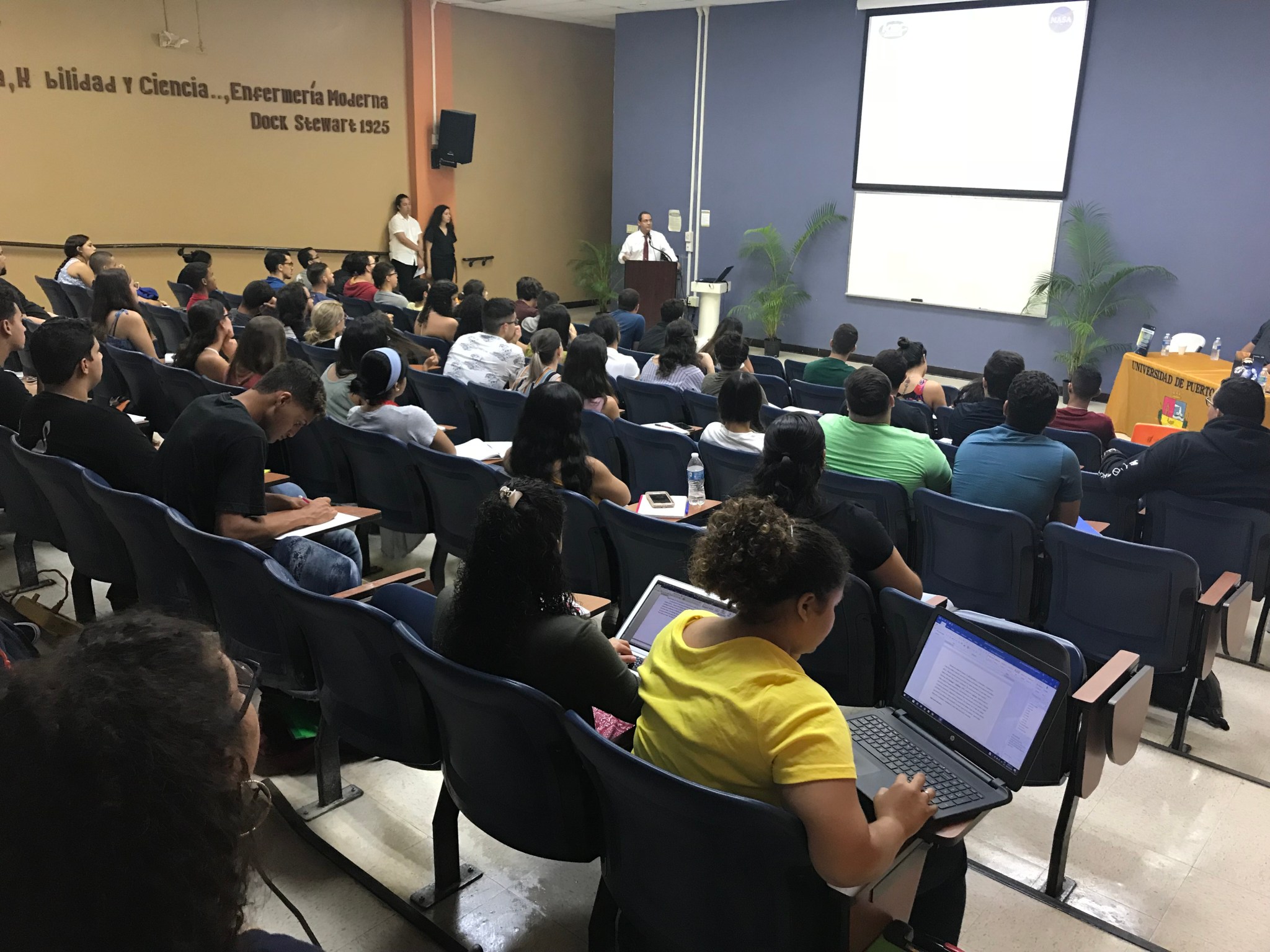
By Jim Cawley
NASA’s Kennedy Space Center
A recent trip to Puerto Rico to foster interest in STEM (science, technology, engineering, math), and to spark enthusiasm for NASA, showed six Kennedy Space Center employees that the passion for education — and the agency — is very much alive on the Caribbean island.
“Everybody across the island wanted to come; they wanted the information,” said Priscilla Moore, a lead program specialist for the Communication and Public Engagement (PX) Education Projects and Youth Engagement Office. “It was so heartwarming.”
Moore was accompanied on the late August 2018 trip by Theresa Martinez, PX education program specialist; Pablo Aguayo and Jose Lopez from the Engineering Directorate; Greg Clements from Exploration Research and Technology Programs and Richard Rodriguez from the Diversity and Equal Opportunity Directorate. The “NASA Days, Condensed” Program involved presentations, robotic team demonstrations, facility tours — including teaching labs established through NASA grants a decade ago — and one-on-one discussions with students, teachers and administrators.
The Kennedy group was able to reach more than 700 students, covering five universities throughout Puerto Rico in four days. The ambitious schedule included visits to: Polytechnic University of Puerto Rico, Hato Rey; University of Puerto Rico, Arecibo Campus; Inter American University, Arecibo Campus; University of Turabo, Ponce Campus; and Inter American University San Juan, Faculty of Law.
Kennedy employees weren’t the only ones who logged significant miles to be a part of the program.
“It was amazing to know that some highly motivated students drove as much as 2 hours to be at this event,” Martinez said. “The students were eager to hear what we had to say and excited to chat with us after the sessions.”
Aguayo, Lopez, Martinez and Rodriguez all hail from Puerto Rico. That was a distinct advantage, said Clements, who observed how significantly it resonated with the students.
“It was an honor to be able to go to my country of origin and speak to STEM students,” Aguayo said. “I was very impressed with the enthusiasm that the university directors, educators and students showed toward having this opportunity to have NASA engineers speaking to them.”
Just a year removed from the devastating Hurricane Maria striking their island, Puerto Ricans displayed resiliency and optimism in their desire to keep progressing, Clements said. He also noted that local government and chamber of commerce officials were united in their support of NASA, striving to grow their technical base on the island.
“They have had to overcome a lot of adversity in recent months,” Clements said, “but everyone I spoke to was not frowning about the past — they were looking toward the future. They want to see Puerto Rico move forward in a renewed way.”
The “NASA Days” concept was developed by PX Deputy Director Hortense Diggs in 2010. It focuses on encouraging students at minority serving institutions to study STEM and pursue a career with NASA. Clements, who has attended many of these trips, relishes every opportunity he gets to interact with eager students. It’s a stark reminder of his own experience when he was a student at Georgia Tech more than 30 years ago.
“I feel so blessed because NASA really reached out to our school and encouraged us, and I want to pay it forward to get more people plugged into NASA,” Clements said. “As long as PX will give me the honor and opportunity, I’m going to try to contribute.”
Clements knows that a small contribution he makes now, could pay huge dividends one day for NASA — and for mankind.
“We need sharp minds, all kinds of people, to help make the space program successful in the future,” he said. “Students I visit now may be the ones who help guide our missions to the Moon and Mars.”





























